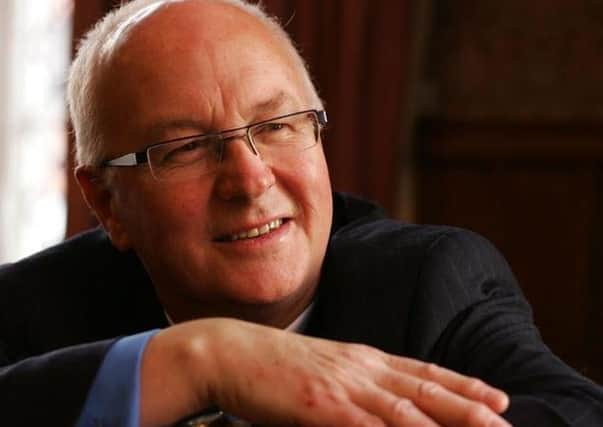Darwin - was he right or wrong?


I’m not thinking of John Darwin, the canoeist who faked his own death, and is soon to feature in an ITV series on the incident.
I’m thinking of Charles Darwin, the great 19th century scientist.
Advertisement
Hide AdAdvertisement
Hide AdWith those stark words - Darwin was wrong — the prolific novelist and biographer A.N. Wilson opens the ‘Prelude’ to his 2017 biography ‘Charles Darwin; Victorian mythmaker’.
Wilson, be it noted, is no religious fundamentalist; one of his earlier books is entitled, ‘God’s funeral’, detailing the 19th century drift from religious belief.
Whether he justifies his daring opening statement is for better minds than mine to determine, but he does point out the ways in which Darwin was influenced by others, and how he revised his views in the light of contemporary criticism.
The facts of Darwin’s life are well known. Born into a well-to-do family, he had leisure and money enough to indulge his interests. After education at Edinburgh and Cambridge he became the on-board naturalist on ‘The Beagle’, a ship engaged in a five-year circumnavigation of the world, for mapping and other scientific purposes. If genius be adequately defined as ‘an infinite capacity for taking pains’ then Darwin was a genius, bringing back thousands of specimens for Britain’s museums.
Advertisement
Hide AdAdvertisement
Hide AdThereafter he led a rather reclusive life, pursuing his experiments and refining his theories. They found their way into print in his explosive book, ‘The Origin of species’, in 1859, making such concepts as ‘evolution’ and ‘the survival of the fittest’ part of everyday parlance. The latter phrase, coincidentally, was coined, not by Darwin but by the philosopher Herbert Spencer.
Wilson argues that the idea which Darwin propagated shamelessly as ‘my theory’, owed an immense amount to others, even his own grandfather, Erasmus Darwin. Indeed, a year before the publication of his famous book, he received a manuscript from the naturalist Alfred Russell Wallace, containing a theory of the origin of species identical with his own.
That his book caused consternation in religious circles was almost inevitable, although both then and now many reputable scientists see no necessary contradiction between Darwin’s theories and the biblical faith.
Darwin was discreet about his own religious views, perhaps out of consideration for his wife, a sincere believer in the low-church tradition.
Advertisement
Hide AdAdvertisement
Hide AdHis scientific obsessions meant that other interests were crowded out. At University he loved music so much that he hired choristers to sing in his rooms, yet as an old man he lamented, ‘it is a mystery how I could possibly have derived pleasure from music’.
Most tragically of all, when he was dying he became aware that he had never lived for others, and his granddaughter Gwen Raverat noted that the poor did not really exist for him.
Christ’s parable of the rich man and Lazarus underlines our need to care for the poor around us (Luke 16;19-31). Even the sceptical novelist George Eliot observed, ‘What do we live for if it is not to make life less difficult for each other’.
Was Darwin a great scientist? Undoubtedly, as a tomb in Westminster Abbey confirms.
Was he a fully-rounded human being? Probably not.